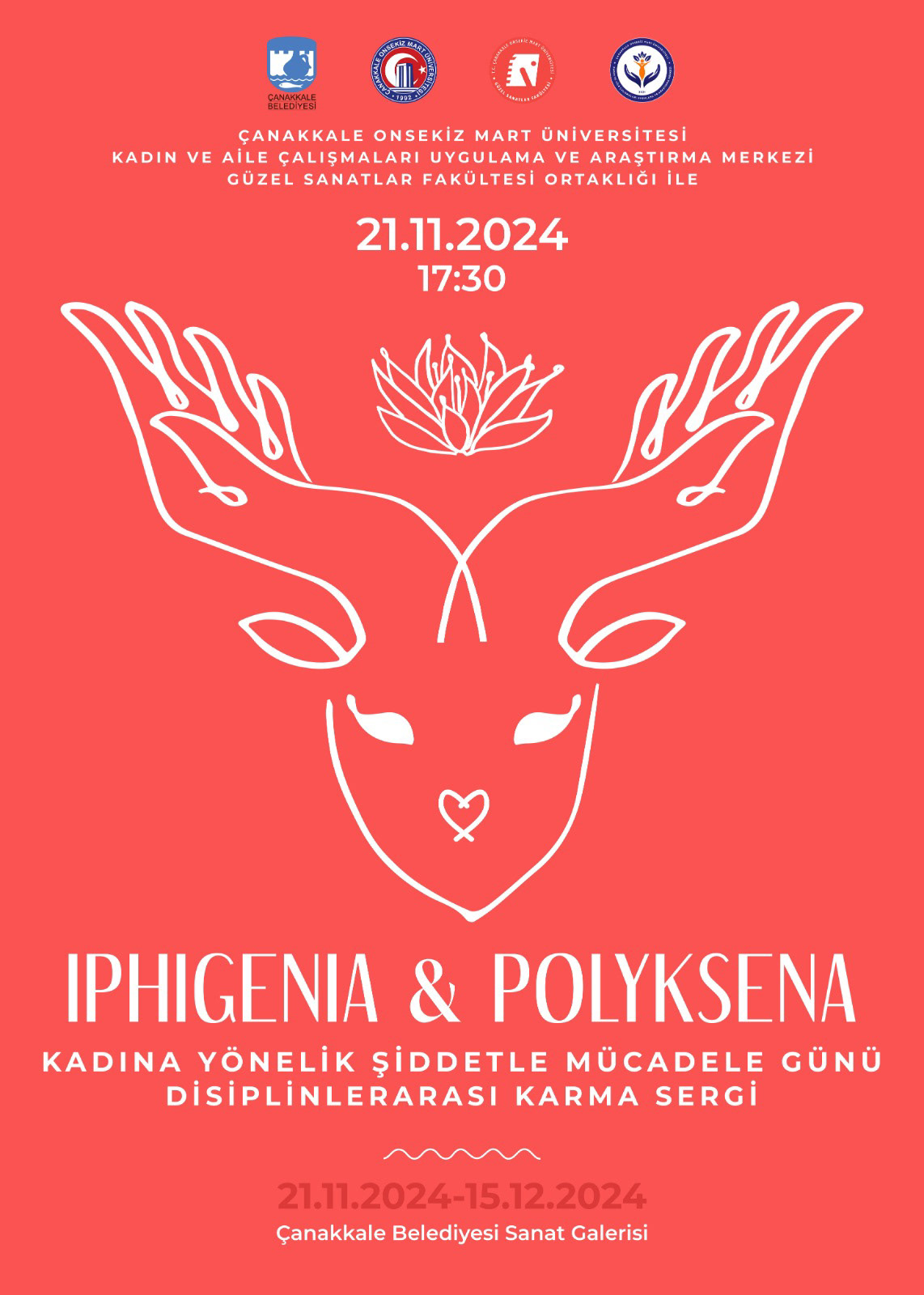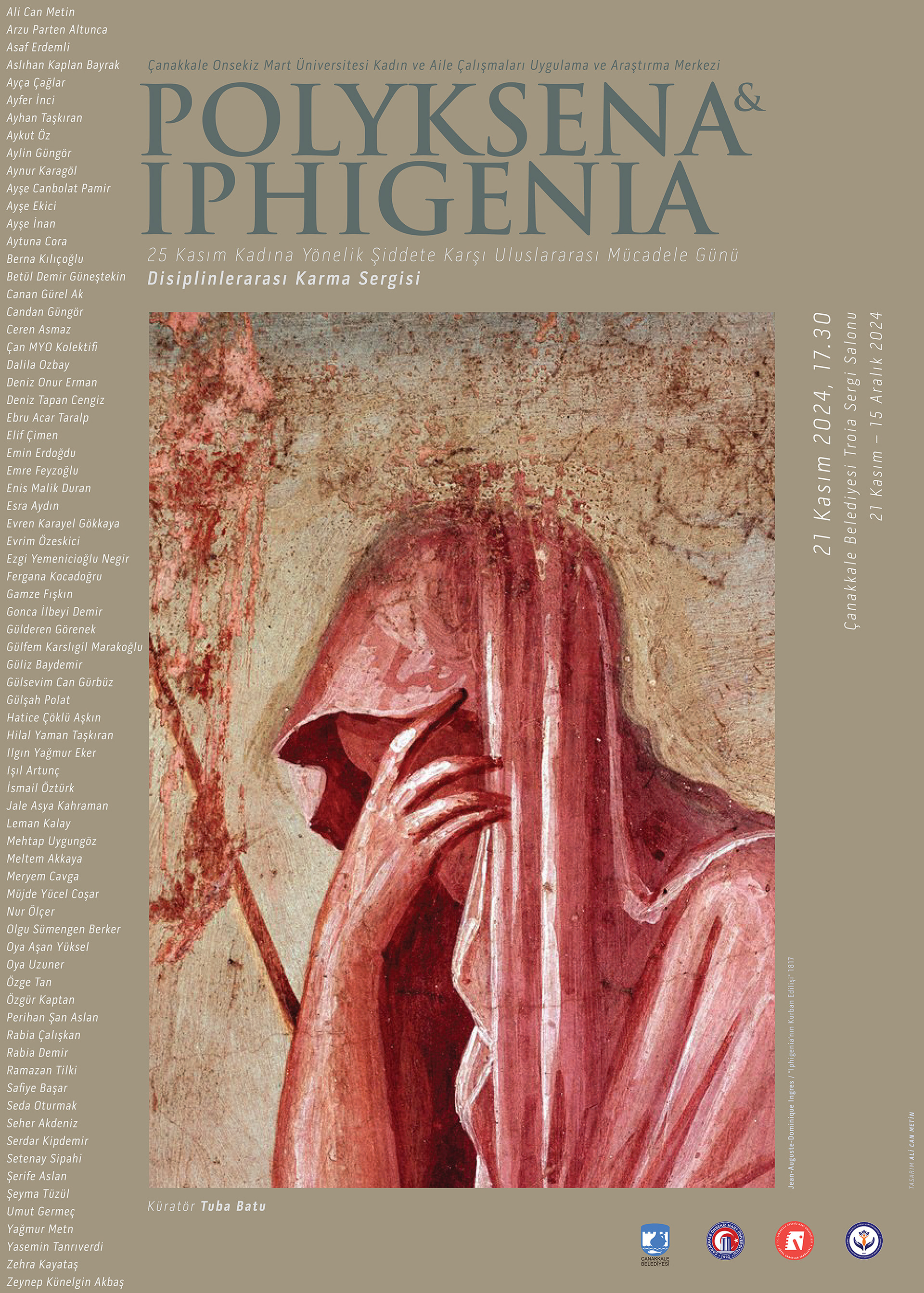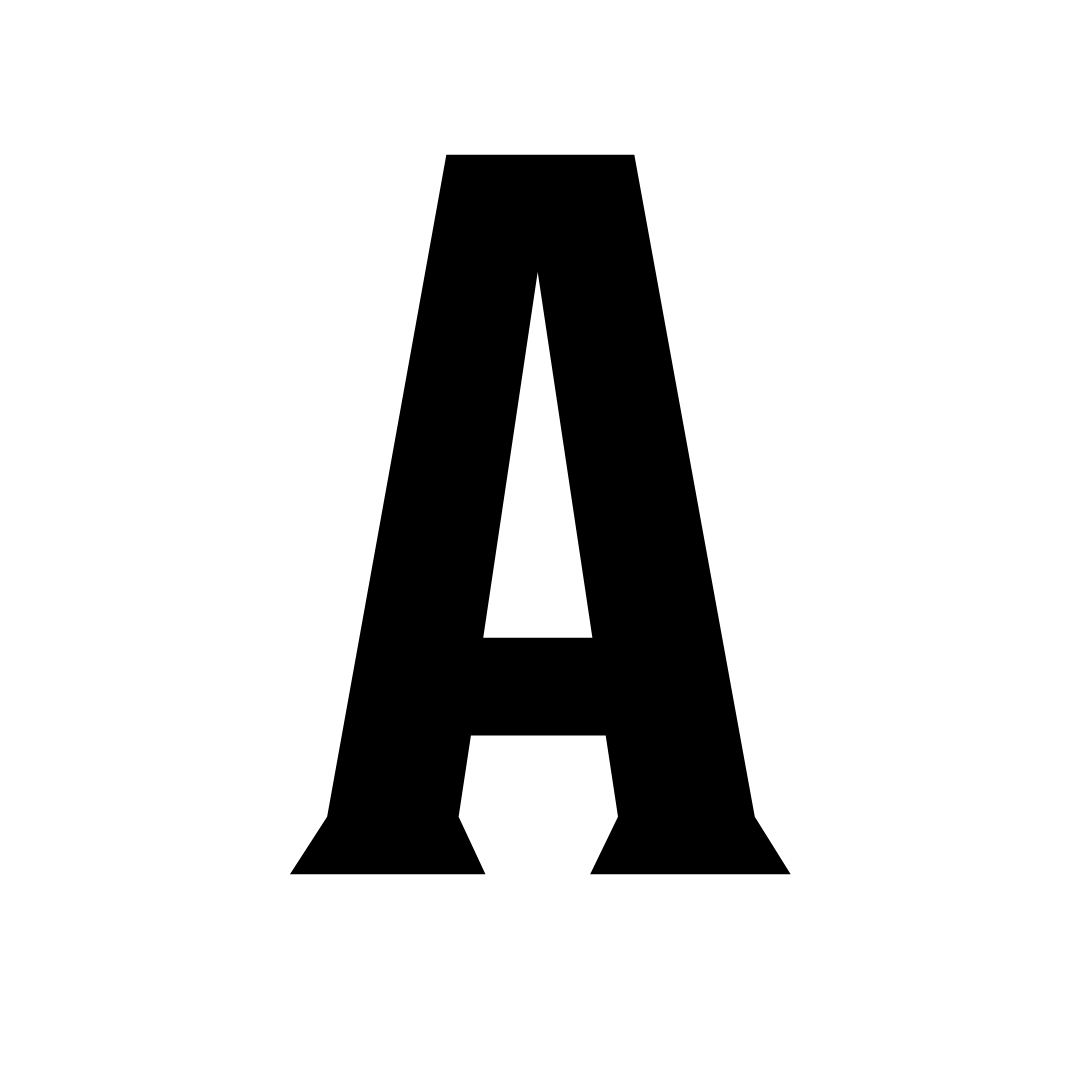"My vegetarianism had nothing to do with being a feminist, at least that's what I thought." *
*The title sentence is taken from Carol J. Adams’s The Sexual Politics of Meat, an important reference to the intersections of the feminist and vegan movements.
The aim of animal photojournalism is to act as a catalyst for change in society by exposing exploitation behind closed doors. As one of the photographers of We Animals, based in Canada, I have also reflected animal exploitation in my own geography and sometimes in other geographies I have traveled to.
The photographs you see in the zine were taken in Çanakkale, Istanbul, Bali and Manisa.
We may not want to be deprived of the milk we add to our coffee, the cheese in our breakfast, the yogurt that refreshes us, but this desire deprives thousands of mothers of their babies. In the first pages, you witness babies kept apart from their mothers and breastfed with bottles, and mothers whose milk we steal through machines. Of course, being separated from their mothers is not the only difficult part of milk production.
I shot the pig figure that resembles a sexy woman in Bali, and the poster with the pig figure that resembles a terrorist in Istanbul. Since the patriarchal system sees animals as inferior beings, it is possible to encounter such comparisons in our culture and other cultures. If we leave aside the made-up comparisons, we can look into the eyes of a pig tied with a rope around its neck and forced to die by humans and realize how well the truth is hidden from us.
The system labels actions it does not want us to question as ‘tradition’ and protects them in this way, ensuring that they are passed down from generation to generation for years without being questioned. The animal deaths you will see in the last pages occurred in this way.
The majority of the animals I photographed in this area died either while I was taking the photos or immediately after. The individuals whose photos we looked at no longer exist.
Our food production and eating habits, which are imposed on us with the labels of ‘normal’, ‘natural’ and ‘necessary’ and which are so deeply rooted in our culture that we can no longer notice their abnormality, need to be questioned individually. This individual will most likely be a woman. Because she knows what domination is. The pain-feeling, pleasure-taking, conscious creatures like us, which the system labels as ‘farm animals’, are trying to live behind closed doors, away from their young or mothers, on their feces. As in chickens that are rapidly raised for meat, those with limited mobility only have access to water and food. Every living being in the animal industry, which is no different from genocide camps, is struggling to survive. Unlike sexism and racism, the victimized side in speciesism has no language. However, it is enough to watch a video of a slaughterhouse to understand the suffering experienced. There is no need for a language. The feminist movement should strengthen the questioning of the culture of eating animals, which has become ingrained in our habits, our sense of taste, and the health ideals we are taught. Veganism, like feminism, is an ethical choice, a resistance against one group's efforts to dominate another, a quest for rights.
DTC
“Under the rule of patriarchy, a social organization, nature, animals and women are objectified, owned and their reproductive systems are left to male control.”
Andrée Collard
“(...) How is it that the systemic abuse of a sentient being, like humans, is accepted? Why don’t the women who power the neofeminist movement realize that women and animals are equally oppressed in a male-dominated system, and that therefore unquestioningly submitting to the consumption of meat and dairy products means consenting to a culture of oppression?”
Marina Colerato
This zine was created for the exhibition Polyxena & Iphigenia, organized as part of the International Day for the Elimination of Violence against Women.


